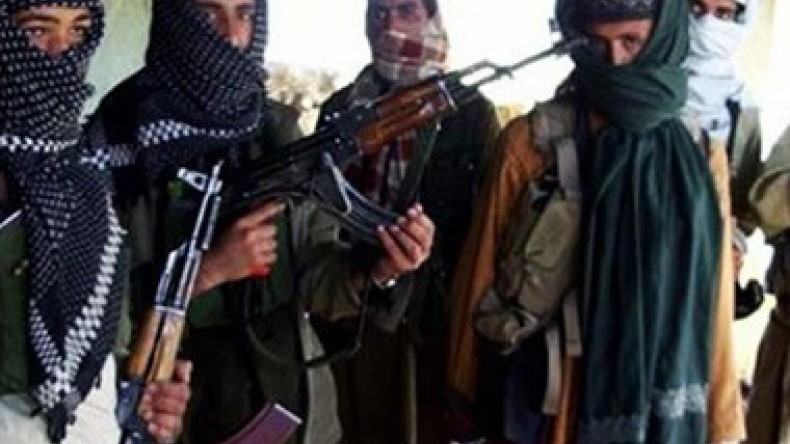
‘United States working with al-Qaeda’
Press TV talks with E. Michael Jones, editor of Culture Wars Online Magazine from Indiana, regarding the Iranian president’s proposal for a global campaign against violence and extremism which has been approved by the United Nations.
- How would you describe violence and extremism? When we think about extremism, a lot of the mainstream media how they are talking about it is al-Qaeda or Islamic extremist, radical Muslims, etc. But is that the proper way to describe extremism and president Rouhani saying that we need a global campaign against extremism and violence. How do you think this threat should be dealt with?
- I think this is good new because I think it reaffirms the realignment that started to place in world politics beginning in September when the United States decided not to attack Syria.
I think certainly there is an element of violence extremism among Islamic groups and I think this is a way of pinpointing just exactly who is involved in this violence. We are talking about Wahabism; we are talking about the Salafists, the people who are backed by the United States and Israel in Syria.
So I think this is a way of pointing to who is involved and to making an alliance between people of good will in the world that is happening at the same time that I think that Russia is making advances in promoting world peace and a new world order in its area of influence.
- You referred there to Wahabism and Salafism. We know a lot is being said about groups that are affiliated to these two, we could say, beliefs or whatever you may call them.
But the main question here is who is backing them and who is responsible for the creation of these groups and for the activities that are taking place under the name of Islam.
- Nobody is backing Wahabism. I mean the Saudis are Wahabis and the Wahabis have made an alliance with Israel. Now Prince Bandar bin Sultan came to the United States; he wants to raise 6 billion dollars to continue the war in Syria.
So Wahabism is one of these extremist groups that needs to be pointed out; it needs to be rejected by decent people throughout the world and we need an alliance of the people who are interested in peace.
And I think that the acceptance of the Iranian president as proposal by the United Nations is an indication of the world body sees the Shia as interested in peace and a responsible group of people who can lead the world peace.
- Looking at the situation in Syria, we know that the groups that are fighting there, the majority of them have been specified as being linked to al-Qaeda, to extremist groups and there is a lot being said about how the world should treat these groups because we know these groups are still getting aid to those who are fighting against the Syrian government; they are still getting financial support and military support.
Even there was a controversy created when the US Secretary of State said that the United States may start talking with the Islamic Front which was also seen as affiliated with al-Qaeda.
- They are working with al-Qaeda. The United States is working with these people and they cannot make up their mind whether they want to continue to work with them. John Kerry, when he became Secretary of State, said we are not going to give any heavy weapons to these people because we cannot trust them.
So yes, they are going to make up their mind and I think that what happened here over the fall is that Obama has decided that the diplomacy in that war of backing those groups of extremists, the Wahabi-backed extremists in Syria is going nowhere; it is not America’s interest and certainly not Israel’s interest.
And so they took another path and that is precisely what got Prince Bandar bin Sultan upset and he wants to resurrect this war but I just do not see it going anywhere. Let’s face it.
Wahabism is a former extremism and it is dangerous. It is causing people to die right now in Syria. So it needs to be exposed as such and we need people of good will to turn away from that and turn toward peace.
Newsfeed
Videos






























